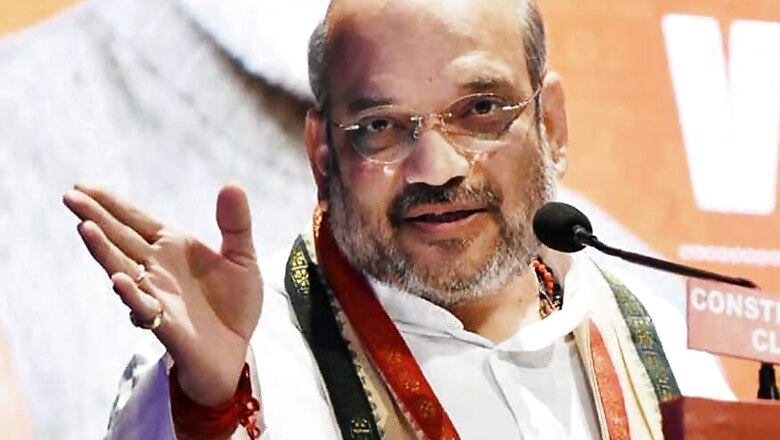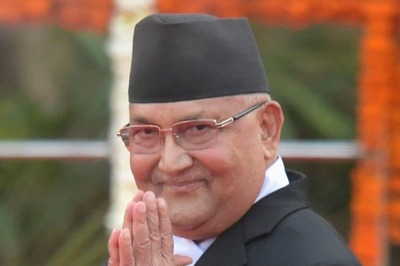
views
New Delhi: Tamil Nadu sends 39 MPs to the Lok Sabha. That's less than 10% of the total strength of the House and half of what Uttar Pradesh elects. Yet, since the dawn of the coalition era in the national politics, the southern state has often determined who will rule from the Delhi Durbar.
The only notable exception being 2014, when BJP mopped up enough seats north of the Vindhyas to shed dependence on its allies.
The absolute majority BJP enjoys in the Lower House notwithstanding, it is still not taking any chances ahead of the next general elections.
It has made the crucial mistake of discounting Tamil Nadu at its own peril twice over. And it seems to have learnt its lesson from the miscalculations it made in 2004 and then again in 2009.
Take, for instance, the NDA's India Shinning campaign in 2004. In its electoral calculations, the party never discounted for the attrition in the Hindi heartland, especially Uttar Pradesh. As a result, Congress moved in quietly to occupy the space left unattended by the BJP. It stitched successful alliances with both small and large regional outfits.
The overwhelming victory of the UPA in Tamil Nadu and TDP's pulverization in the neighboring Andhra Pradesh by Rajshekhar Reddy tilted the scales against the Bharatiya Janata Party.
Once again in 2009, the DMK-Congress alliance was successful a second time to give a comfortable majority to UPA-II.
BJP knows that both electorally and politically, it has peaked in the north and the west and has won overwhelming majority of the seats in the Hindi-heartland. In Rajasthan, Himanchal Pradesh, Uttarakhand, Gujarat and Delhi, there is not a single opposition MP from the other parties. It won 26 out of 29 Lok Sabha seats in Madhya Pradesh, 73 of 80 in Uttar Pradesh, 35 of 40 in Bihar in the 2014 Lok Sabha elections.
In states like UP, Bihar, MP, Rajasthan, Chattisgarh and Uttarakhand, it will have to counter double anti-incumbency — both in the state and central government. Any shortfall here will have to be made up by mopping up seats elsewhere.
This is precisely the reason why BJP is looking to consolidate in the east and northeast along with the Coromandel Coast.
Since Jayalalitha's demise in December 2016, Tamil Nadu politics has been in a state of flux. In 2019, 39 seats from the state and one from Puducherry will be up for grabs.
BJP would want to be part of a pre-poll coalition to take on the DMK-Congress combination in Tamil Nadu. For a party which has been bitten not once but twice does not want to leave anything to chance this time around.



















Comments
0 comment